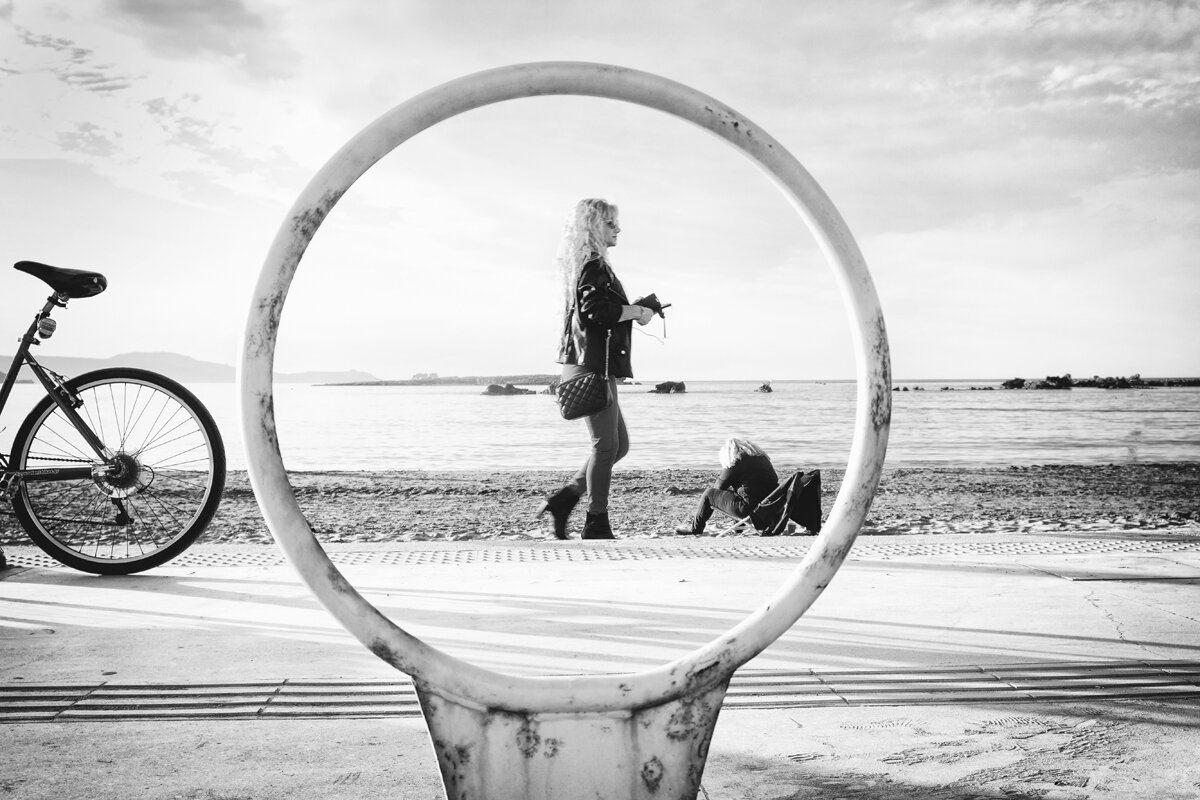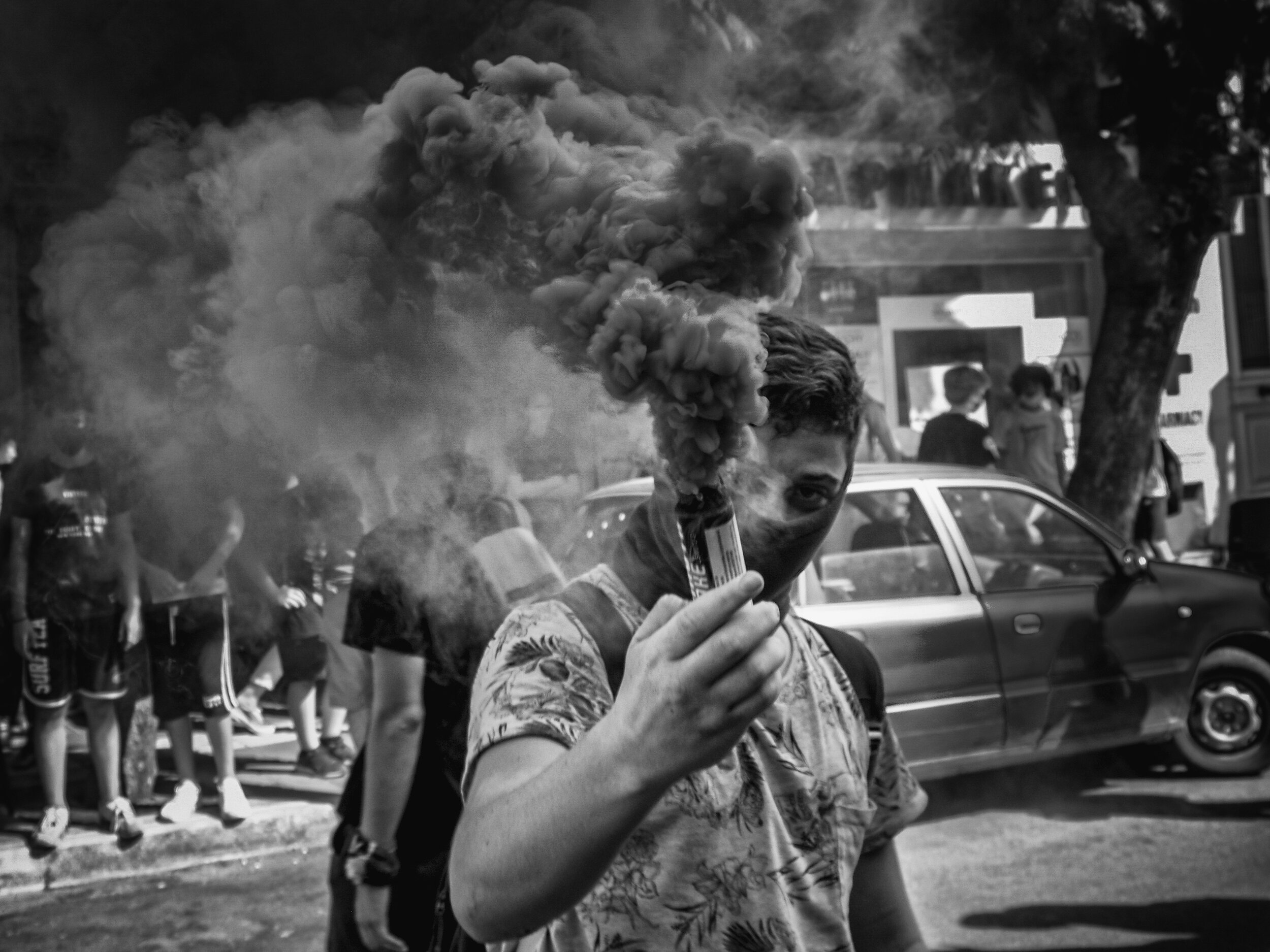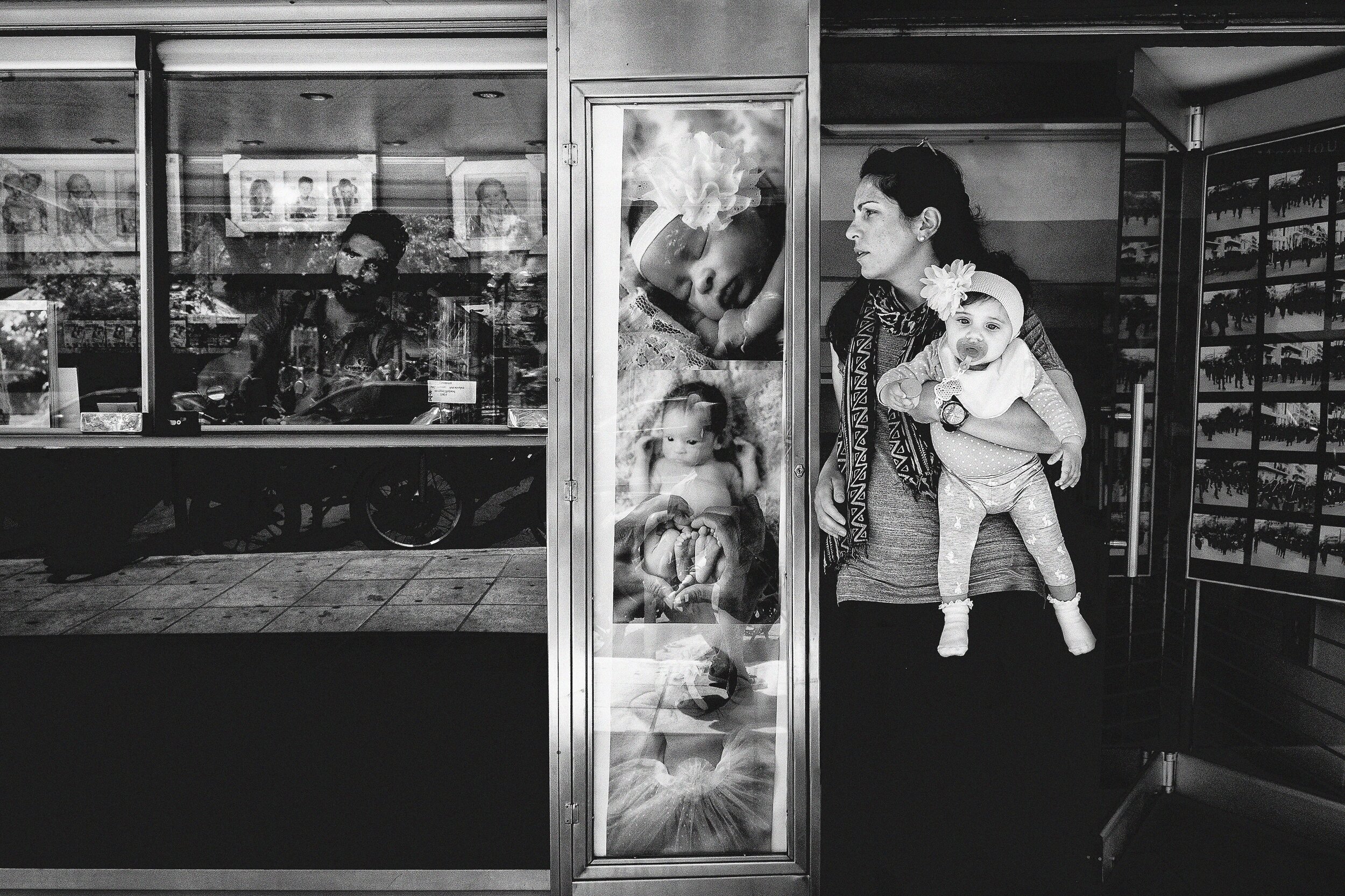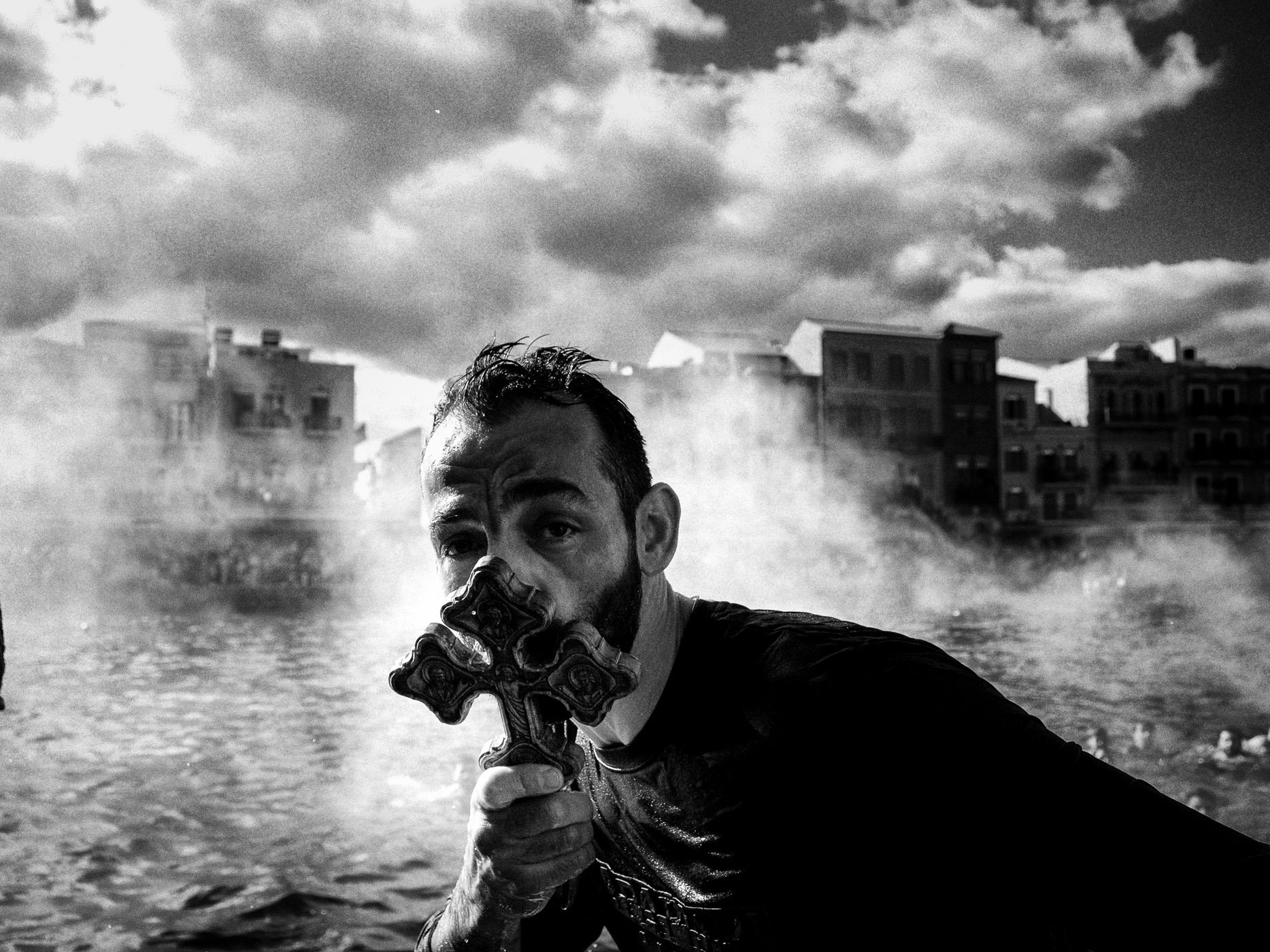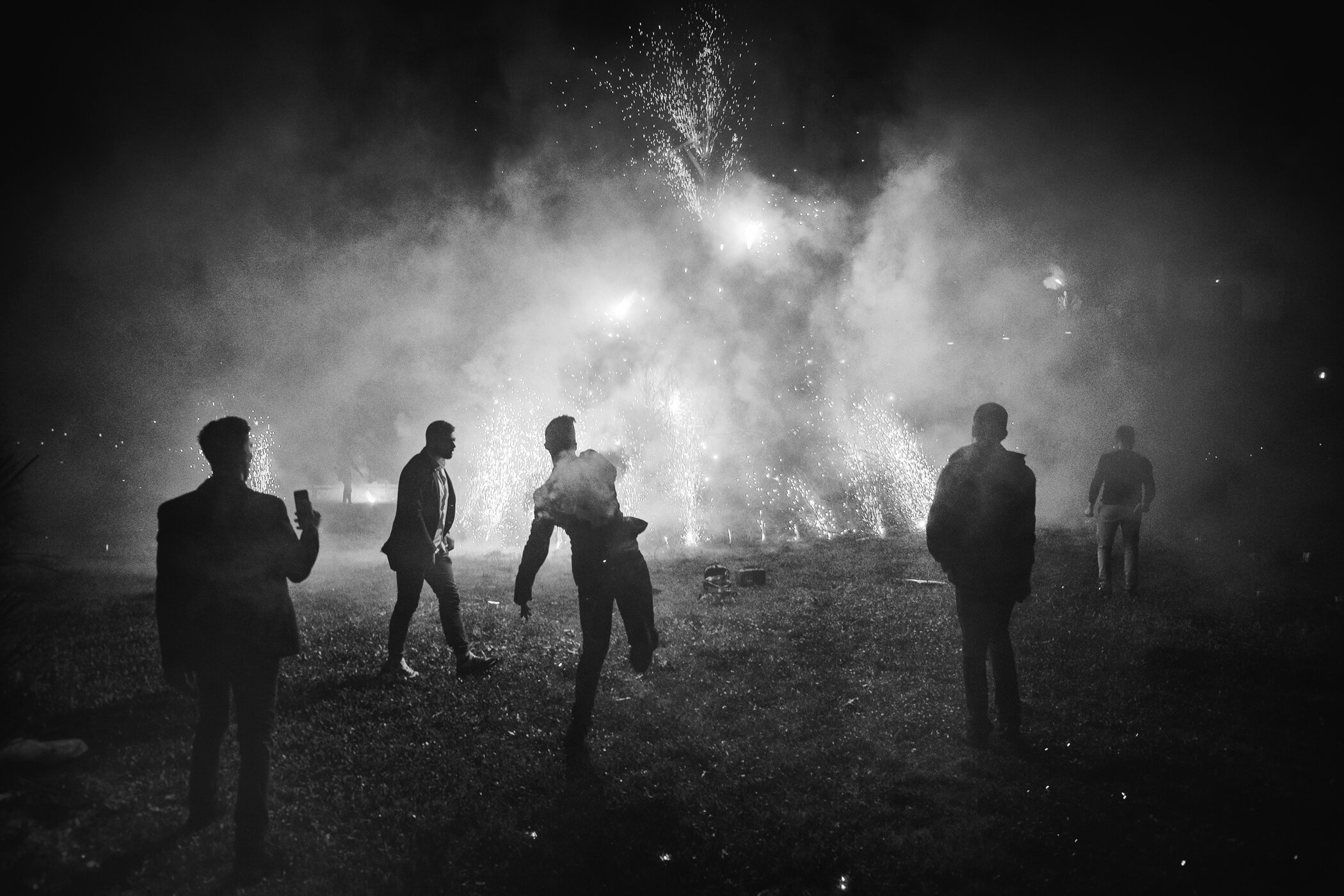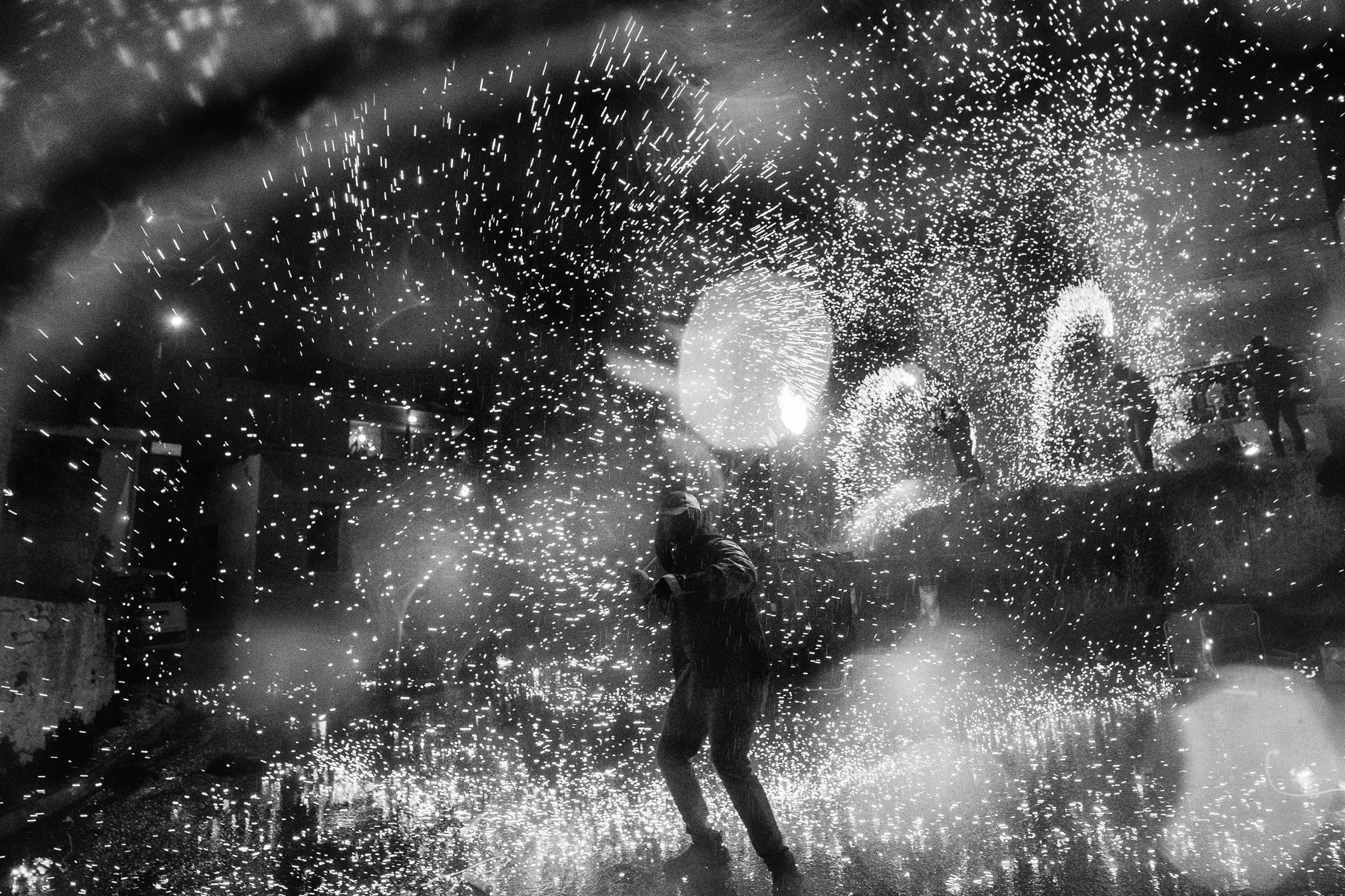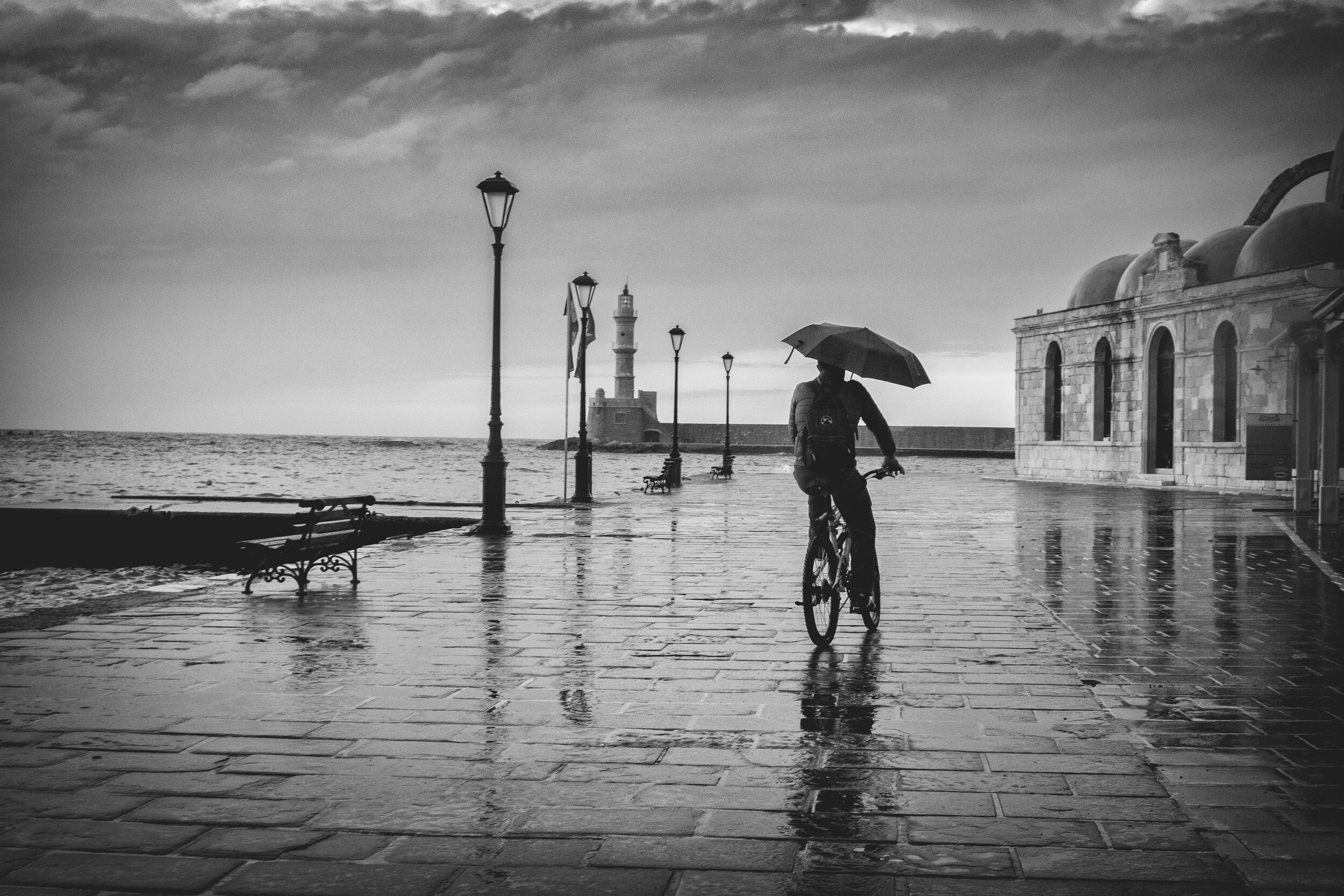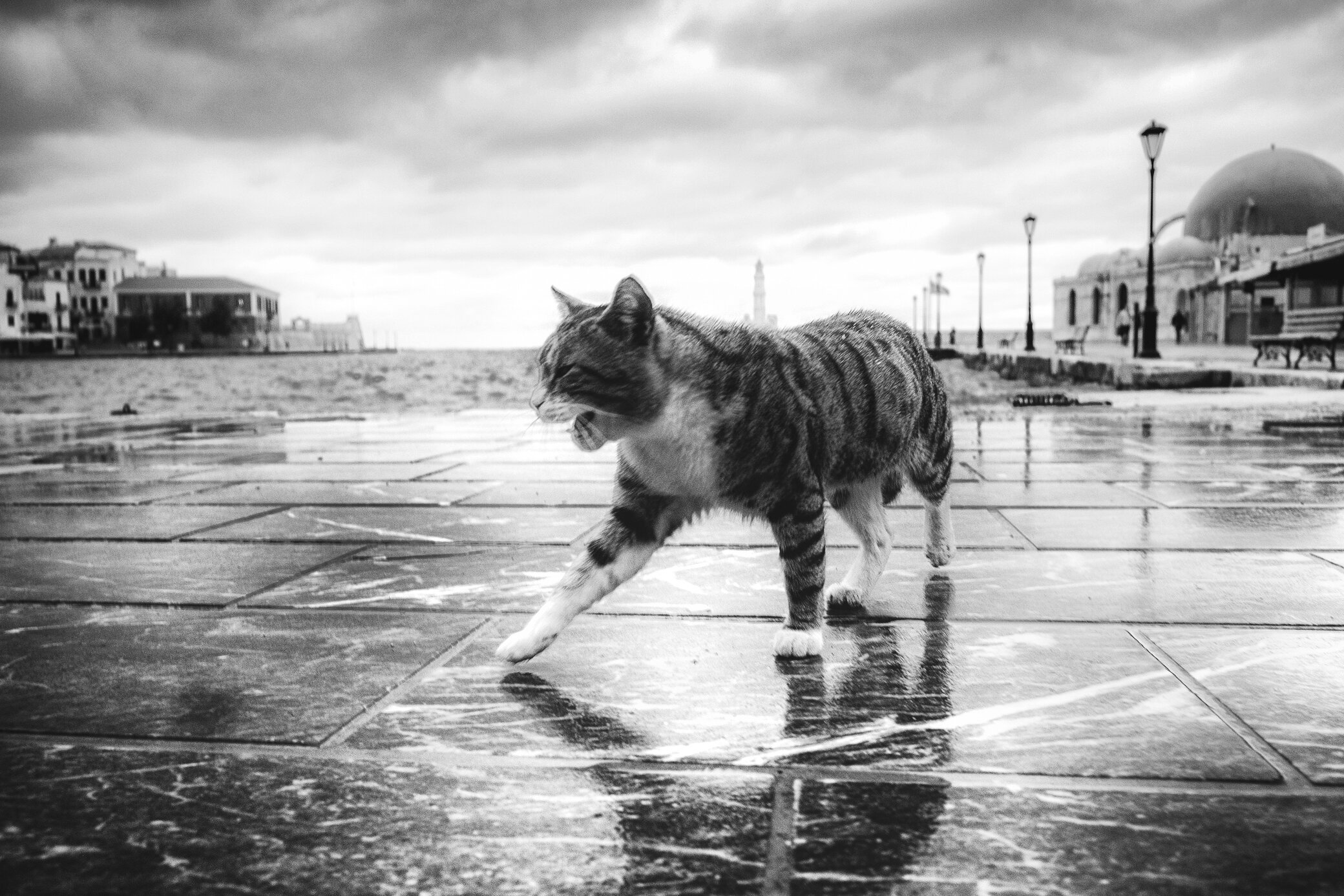I live in Crete, an island that is a well-known tourist destination.
Just a few decades ago, only a handful of people were willing to make the journey to this place, located at the southernmost corner of Europe.
But things changed...
Travel became easier, and people sought new destinations. Tourism grew exponentially. Crete evolved into a major travel hub. Today, the Cretan economy is heavily dependent on the tourism industry.
Everything revolves around tourism, and as a result, the dominant touristic narrative casts a shadow over anything that does not support its reproduction.
Aesthetically, this has led to a constant repetition of idyllic images: stunning sunny beaches, highly saturated snapshots of glorious sunsets, and almost caricatured portrayals of "indigenous people." These images imprint in visitors' minds a false reflection of what life on the island truly is.
On a global level, people are becoming increasingly location-independent.
New internet-based technologies have lessened our dependence on the physical world. A significant number of people now work “on the cloud.”
We form communities based on shared ideas and interests. We choose to exist in digital tribes. We are becoming less and less dependent on physical locations. This shift was accelerated by the catalyst of the pandemic.
In this new reality, travel is no longer just a matter of leisure; it has become a matter of identity and status. In fact, travel is now a means of self-improvement. Those who cannot travel are perceived as restricted, unable to enrich their individual existence due to their lack of freedom to move and choose where to live.
A new divide has clearly emerged.
STREETSCAPES OF CHANIA
“The dominant division is now between those who are "independent"—free to travel anywhere, in search of a higher level of consciousness that transcends local and national boundaries, moving toward a global citizen identity—and, on the other hand, "the locals"—those bound to a place, unable to work remotely, who build and belong to physical communities, hold local identities, and make necessary compromises. Often, those bound to specific locations are also working-class people.
These are the individuals most affected by rising rent prices, driven in part by the influx of tourists and travelers.
At the intersection of these two realities, a battle for meaning unfolds.
My effort is to bring to the surface some of the richness of life, the stories and events through which everyday people in Chania—like myself—find meaning. These are alternative perspectives that challenge the sunny, happy, and positive narrative that tourists and digital nomads expect from a destination like Crete.
It is a life where restrictions exist, but also a life where people with conflicting ideas, despite their differences, find ways to coexist—synthesizing opposing views to create new meanings that reshape their shared reality.
In my body of work, I aim to scratch the surface of the touristic product known as "Crete". I present the perspective of a local, not that of a location-independent digital nomad, traveler, or tourist.
On these pages, you will find a photographic collage composed of moments captured through my street and documentary photography, as well as news reporting that offers diverse perspectives defying the dominant traveler’s vision.
Most of the material presented here comes from Chania, my hometown.
Hope you enjoy.

GIANNIS ANGELAKIS
All Images and Original Text
© 2025 Giannis Angelakis
CONTACT US
gianis.angelakis@gmail.com
All projects posted are in progress / New projects will be uploaded soon

